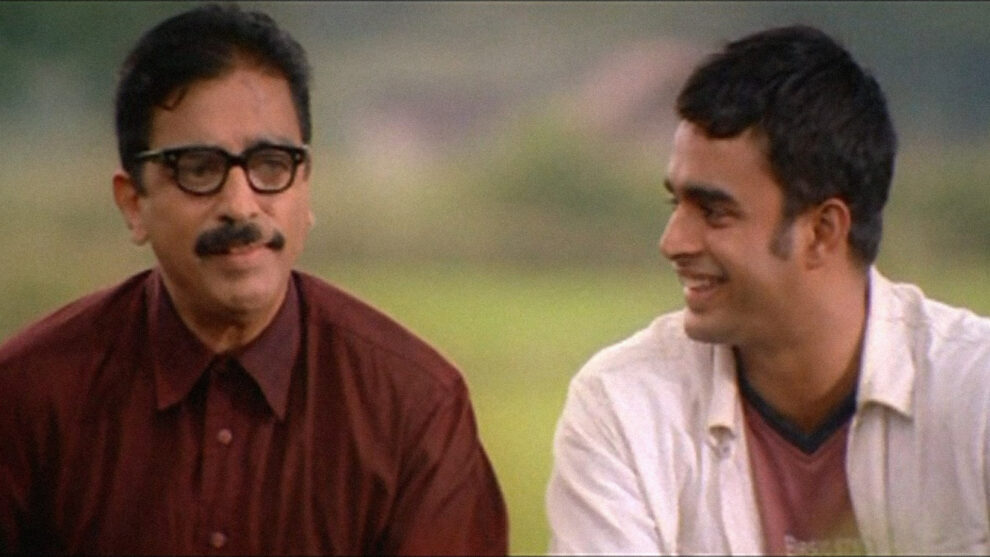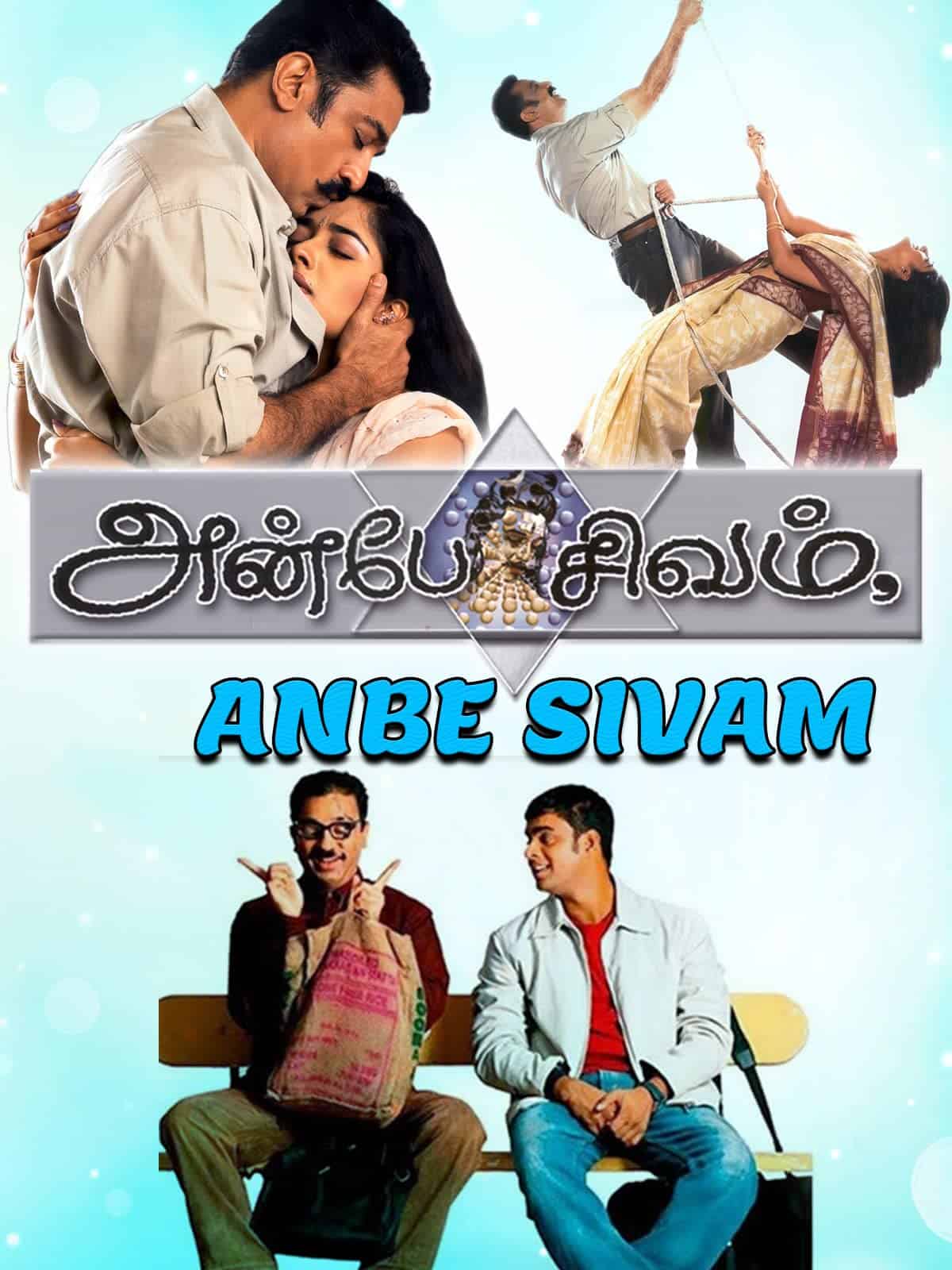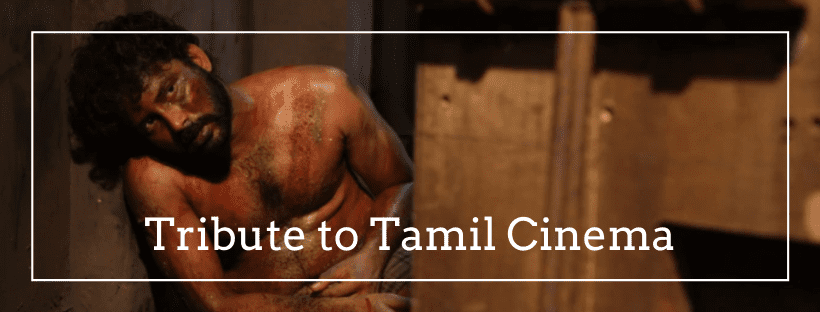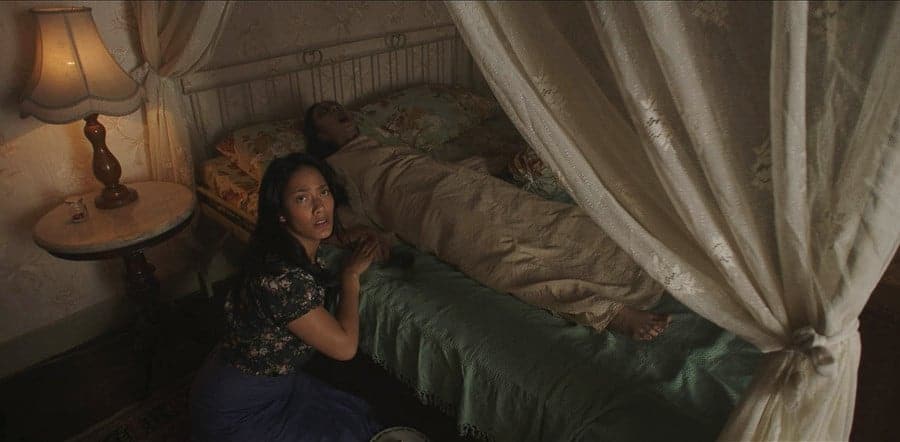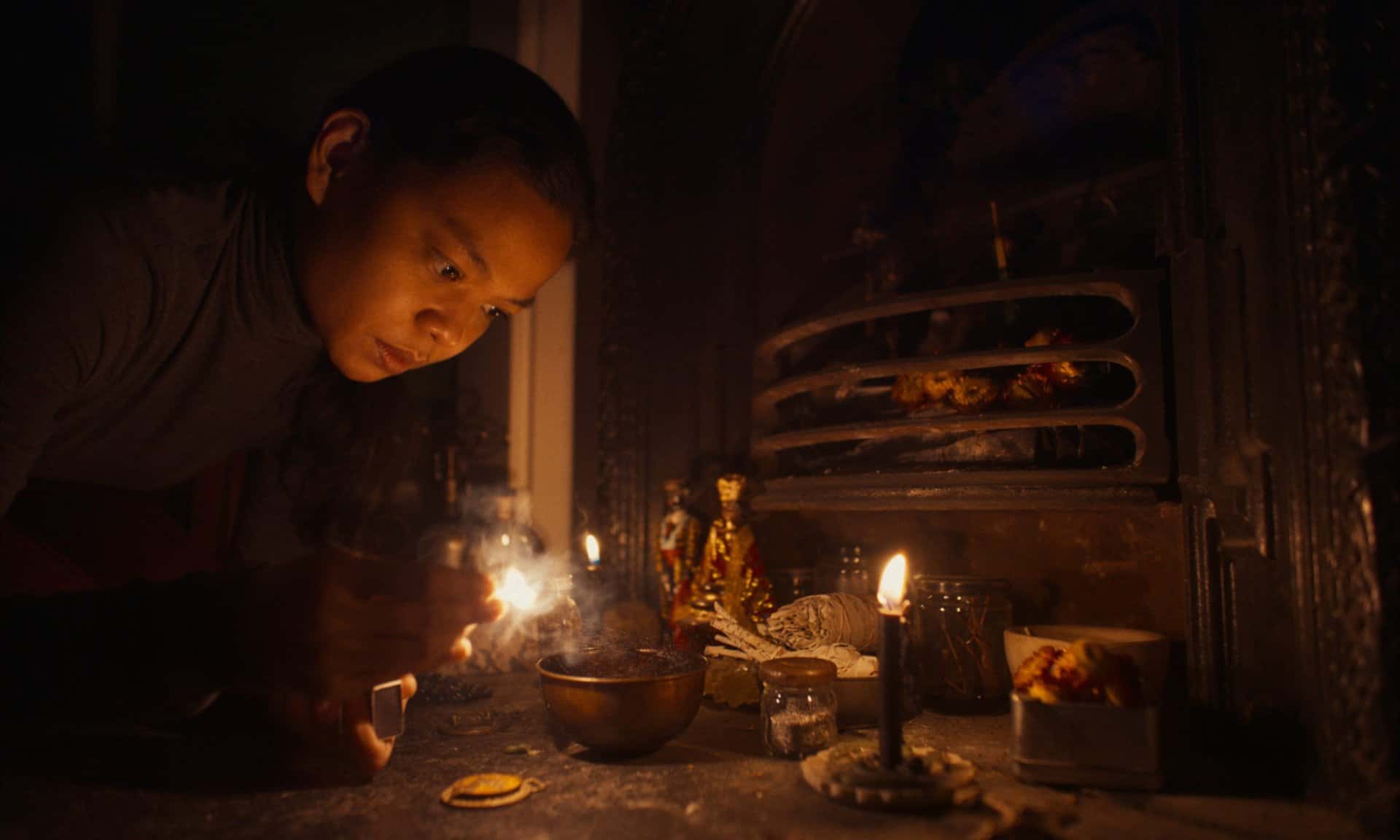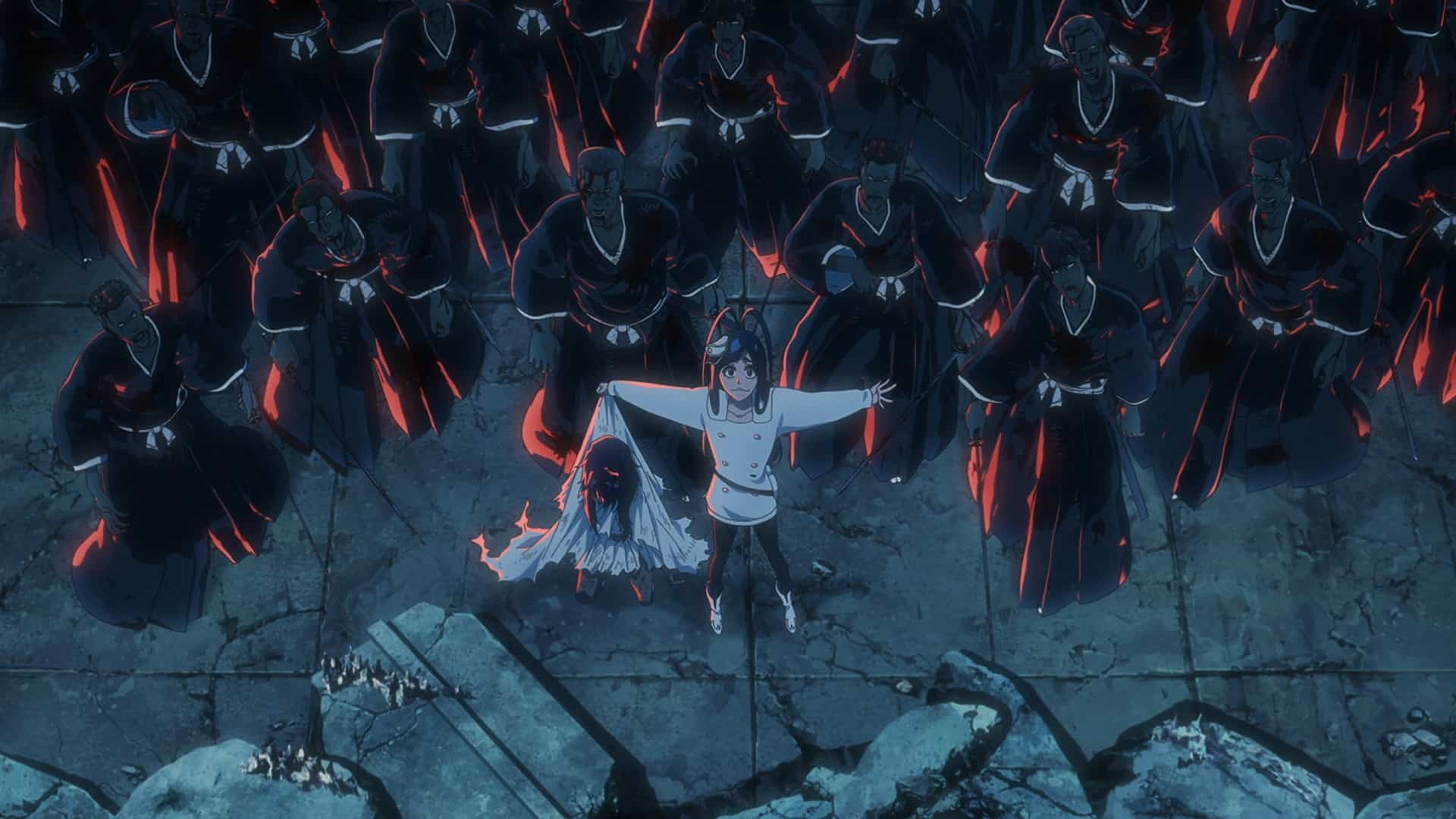By Henry McKeand
It's been twenty years since the release of “Anbe Sivam,” the ambitious collaboration between director Sundar C and writer/star Kamal Haasan that became an enduring cult classic of Tamil cinema. At the time, it must have seemed an unlikely pairing. The latter's script for the film was deeply rooted in themes of class struggle and philosophy, while the former was known for his work in more commercial fare. At first, it wasn't clear if such a partnership would be successful. It was released in January of 2003 to rave reviews from critics but it underperformed at the box office. However, it gained a loyal following after home video releases and television re-runs allowed audiences to discover its potent blend of comedy and humanism. Now, it is regarded as one of the greatest Tamil films of the 21st century.
The plot setup is deceptively quaint. Madhavan plays Anbarasu, a television commercial director who is on the way to his wedding when he finds himself stranded at an airport during a storm. There, he meets Sivam (Haasan), an eccentric man whose positivity isn't stifled by a limp and severe facial scarring. Anbarasu finds Sivam and his strange habits to be a constant source of agitation, yet the two men continue to cross paths. Eventually, they find themselves on a road trip to Chennai, where Anbarasu will be married and Sivam will deliver money to a group of his fellow union workers.
The similarities between this mismatched combination and “Planes, Trains, and Automobiles” have been noted for good reason. Here, Haasan is playing the John Candy character: an endlessly jovial eccentric who teaches a straight-laced modern man about what really matters in life. It's a classic dynamic, and Sundar has a strong grasp on this relatively lighthearted material. It's only when Sivam begins to tell Anbarasu his life's story, and the film detours into an extended flashback, that Haasan's creative voice comes to the forefront.
This flashback drops the day-in-a-life silliness of its initial road trip premise in favor of something grander. Sivam's backstory shows his life before his disfigurement, giving Haasan a chance to play a more traditional leading man. This long sequence also fleshes out the character's political beliefs. Sivam was a union organizer and socialist street performer who fell in love with Bala (Kiran Rathod), the daughter of a ruthless businessman. Their star-crossed love affair becomes the beating heart of the movie, and it allows for crowd-pleasing set pieces that would have felt out of place in the first act.
Sundar's commercial touch keeps things lively, allowing the script to sneak in themes of worker exploitation and the power of art without feeling preachy. He ramps up the spectacle of these flashback scenes in order to capture the heightened emotion of romantic nostalgia. There's heart-pounding music and melodramatic romance and even some impressive fight choreography. Juxtaposed against the relatively mundane struggles of the film's present day, Sivam's story feels like something out of a dream. Lesser filmmakers would struggle to reconcile the tonal differences between these two timelines, but this isn't some by-the-numbers road movie with a classic romance shoehorned into the middle. Instead, both halves work together to create a cohesive work.
Haasan's performance as Sivam is a big part of what makes this balancing act work. Famous for his chameleonic qualities as an actor, he essentially plays two characters while subtly reminding the viewer that they're seeing the same man before and after an accident. Alone, he's a powerhouse, but he's given serious help from Madhavan and Kiran Rathod. Madhavan isn't afraid to lean into Anbarasu's early pettiness and materialism, but he gives the character an underlying sensitivity that compliments Sivam's radical decency. As Bala, Rathod is as vulnerable as she is charming, and the chemistry between the leads gives their romance real heft. Rounding out the cast are Nassar as Bala's capitalist father, Santhana Bharathi as his assistant, and Uma Riyaz Khan as a lovesick comrade of Sivam. There's not a single bad performance, but Khan especially makes the most out of a small part.
It doesn't hurt that it's a gorgeous film, finding the poetry in both 21st century buildings and the south Indian countryside. DP Arthur A. Wilson brings a rich texture to every frame, and Sundar creatively stages scenes that could have been flat without a strong director at the helm. Augmenting the visuals is Vidyasagar's music, which ranges from upbeat to haunting.
Two decades later, “Anbe Sivam” remains a brilliant synthesis of popcorn entertainment and political critique. Not many movies could effectively combine a song and dance number about accidentally taking an edible with impassioned diatribes against multinational corporations. It's a high watermark of leftist blockbuster filmmaking, and its themes are as profound today as they were on release. Plus, it's about as much flat-out fun as movies ever get.


